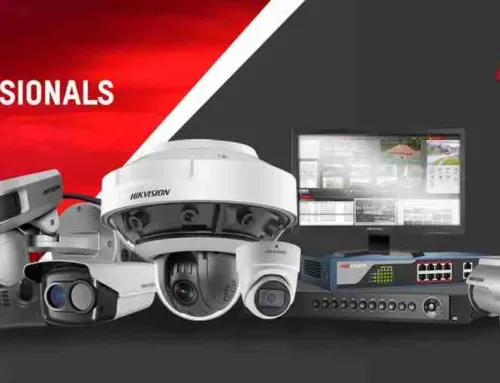Solar CCTV camera
Solar CCTV cameras are an innovative solution for surveillance needs, particularly in locations where traditional power sources are unavailable or impractical. These cameras harness solar energy, making them environmentally friendly and cost-effective in the long run. In this article, we will explore the features, benefits, installation processes, and applications of solar CCTV cameras.
Key Features of Solar CCTV Cameras
Solar Power Supply:
The primary feature of these cameras is their solar panels, which provide a sustainable power source. This makes them ideal for remote locations without access to electricity.
High-Definition Video Quality:
Many solar CCTV cameras offer high-definition (HD) video quality, providing clear images for effective monitoring and surveillance.
Night Vision Capabilities:
Equipped with infrared (IR) technology, these cameras can capture clear footage in low-light conditions, ensuring 24/7 surveillance.
Wireless Connectivity:
Most solar CCTV cameras are wireless, allowing for easy installation without the need for complex wiring. This feature enhances their versatility and placement options.
Motion Detection:
Many models come with motion detection features that trigger recording and alerts when movement is detected, optimizing storage and enhancing security.
Remote Access:
Users can access live feeds and recorded footage remotely via mobile applications or web browsers, providing convenience and real-time monitoring.
Durability and Weather Resistance:
Designed for outdoor use, solar CCTV cameras are often built to withstand various weather conditions, including rain, snow, and extreme temperatures.
Benefits of Solar CCTV Cameras
Eco-Friendly:
Solar CCTV cameras use renewable energy, reducing carbon footprints and promoting sustainability.
Cost-Effective:
While the initial investment may be higher, the lack of electricity costs and reduced maintenance fees make solar cameras a cost-effective choice over time.
Easy Installation:
Without the need for electrical wiring, solar cameras can be installed quickly and easily, even in remote or hard-to-reach locations.
Versatile Placement:
The independence from power sources allows for flexible placement in various environments, including farms, construction sites, and residential areas.
Continuous Operation:
With battery backup and solar charging, these cameras can operate continuously, ensuring that surveillance is maintained at all times.
Installation Process
Installing a solar CCTV camera is relatively straightforward. Here’s a general guide to the installation process:
Choose the Location:
Select a location with ample sunlight exposure to ensure the solar panels receive enough energy. Consider areas that require monitoring, such as entry points or vulnerable spots.
Mount the Solar Panel:
Secure the solar panel in a position that maximizes sunlight exposure. Ensure it is mounted at an angle to capture sunlight effectively.
Install the Camera:
Mount the camera at the desired height and angle for optimal coverage. Ensure it is securely fastened and positioned to capture the intended area.
Connect the Components:
If applicable, connect the camera to the solar panel and battery. Follow the manufacturer’s instructions for any specific wiring or setup requirements.
Configure the System:
Set up the camera’s settings, including motion detection, recording schedules, and remote access features. This may involve downloading a mobile app or accessing a web interface.
Test the System:
Once installed, test the camera to ensure it is functioning correctly. Check video quality, motion detection, and remote access capabilities.
Applications of Solar CCTV Cameras
Solar CCTV cameras can be used in various settings, including:
Residential Areas:
Homeowners can use solar cameras for perimeter security, monitoring driveways, backyards, and entry points without worrying about power supply issues.
Commercial Properties:
Businesses can enhance security by monitoring parking lots, entrances, and outdoor areas, particularly in locations without easy access to electricity.
Construction Sites:
Solar CCTV cameras are ideal for construction sites, where temporary power sources may be limited. They help monitor equipment and prevent theft.
Rural and Remote Locations:
Farms, ranches, and other remote areas can benefit from solar cameras, providing security without the need for extensive wiring or power installations.
Public Spaces:
Parks, recreational areas, and other public spaces can utilize solar CCTV cameras to enhance safety and deter criminal activity.






